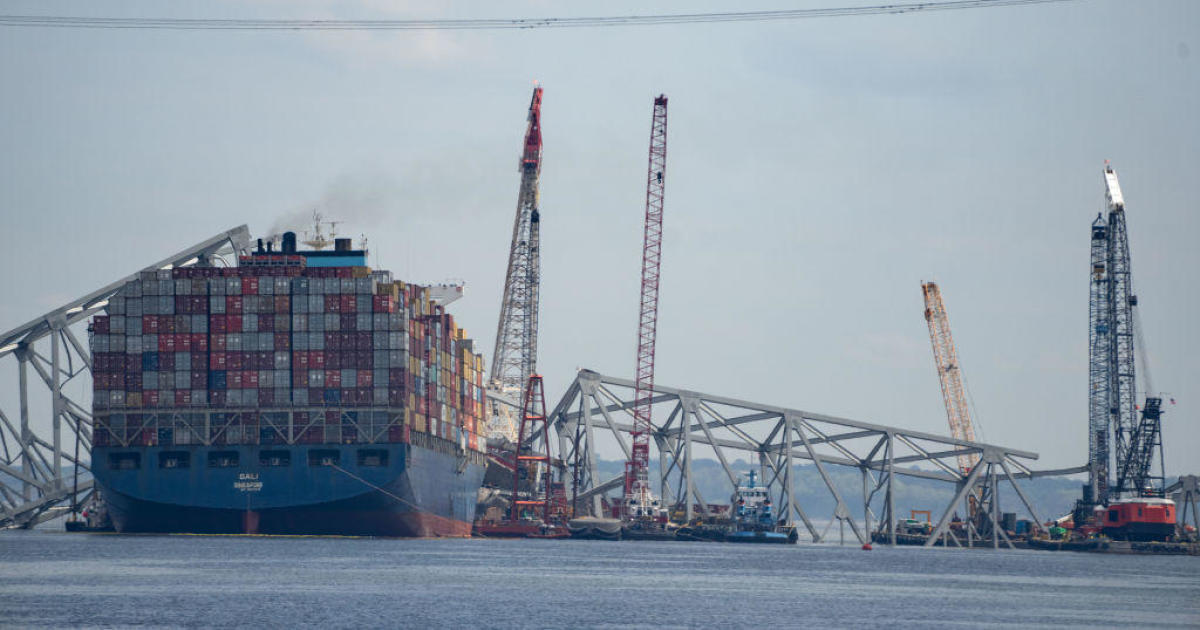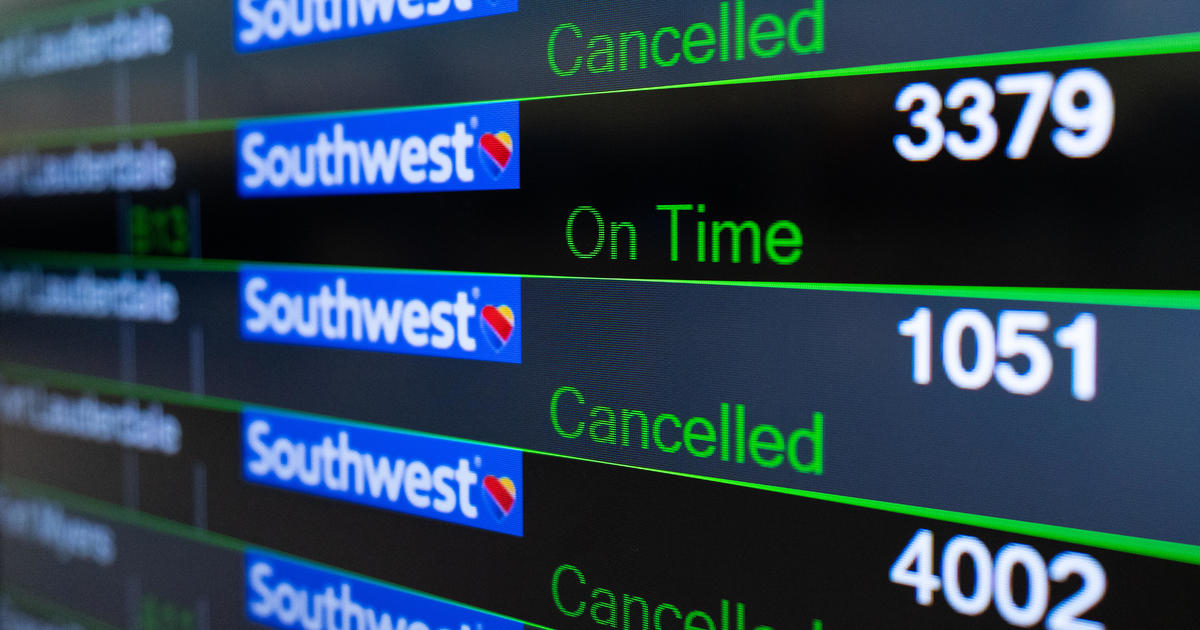Washington Co. Zones Fail To Attract Business
C.J. LOVELACE
The Herald-Mail
HAGERSTOWN, Md. (AP) -- With a regional airport and access to two major interstate highways in their back pockets, Washington County officials more than a decade ago envisioned about 1,800 acres of land at seven locations around the county as potentially attractive sites for companies in foreign trade markets.
However, in the 12 years the county has had its federal Foreign Trade Zone designation, no company has taken advantage of the U.S. Customs concessions associated with the zones, including duty-free imports and other economic incentives.
Foreign Trade Zone (hash)255, granted to the county in 2002 by the U.S. Foreign Trade Zone Board and one of four current zones in Maryland, is made up of commercial and industrial land -- some tracts with existing buildings and others pad-ready development sites -- located around the Hagerstown area, as well as Hancock, Williamsport, Maugansville and the former Fort Ritchie Army base in Cascade.
FTZs are a class of special economic zones in which companies can import goods that might need to be manufactured or manipulated, then either sold on the U.S. market or re-exported to another country. Duty fees and tariffs are not charged on goods until a finished product goes to domestic sale, basically allowing companies to operate as if they are on "foreign soil" although they are geographically within the United States.
While there are benefits to being granted FTZ status, there are costs associated with the application process that can get expensive depending on the operation.
With federal and local fees, costs can add up to as much as $200,000 in some cases for larger operations, according to Bob Mandley, business development specialist in the county's Department of Business Development.
Currently, a business would pay a one-time $5,000 application fee to the county, plus annual costs based on square footage of the building that it would be using for the operation, Mandley said, noting that additional application fees ranging from $15,000 to $50,000 are charged by the U.S. FTZ Board as well.
Between 2002 and 2010, the county received numerous general inquiries from companies and assisted eight companies that had more serious interest in the zones, before each one backed away, according to Assistant County Administrator Sarah L. Sprecher.
"Locating an operation within an FTZ has to be a `bottom-line' driven decision by an importer/exporter operation," Sprecher said in an email.
County Commissioner Ruth Anne Callaham, who also teaches on global business supply chains, attributes the lack of interest in the zones to a simple business premise -- profit margin.
"No business has been able to take our model and have it reduce their expenses enough to be worth their investment," Callaham said. "It's simple revenue minus expenses equals profit."
Regardless of interest, it was brought to light Sept. 23 that the management of the county zones has been in noncompliance for a number of years, making it technically impossible for a business to locate within one, Mandley said.
"It lingered for 10 years," he said, declining to speculate on why changes weren't made sooner. "But we didn't get a lot of inquiries."
The Washington County Board of Commissioners has voted to make several adjustments to the management of its FTZ, the noncompliance of which opens the county up for the possibility of fines, although "there is nothing imminent," according to county attorney Kendall McPeak.
The commissioners voted Sept. 23 to rescind its previous resolution and enact a new one that designates active controls over the zones, making the Washington County Economic Development Commission the governing advisory board to the program.
It also removes wording that calls for a zone administrator, a job that will now fall under the positions of Mandley and the business support specialist serving as administrator and co-administrator, respectively.
Previously, an appointed board, known as the Foreign Trade Zone Commission had presided over the county's zones, but the commission has been inactive since 2005, Mandley said. No one has served as zone administrator since August 2012, when the previous administrator Greg Larsen left the position.
Neither Sprecher nor four of the five commissioners polled for this story provided a reason when asked why changes were not made sooner to bring the program into compliance.
Since Larsen's departure, Sprecher said the county has reviewed the management of the zones in light of changes in federal regulations. Staff members have reviewed the needed changes for compliance and marketing strategies, she said.
"We are renewing the zone as an area of focus, and we needed to go before the commissioners to formally present and recommend a more effective and efficient way to administer the zone," Sprecher said.
Sprecher, who oversees the county's Department of Business Development, said the approved changes would make the zones more effective as an economic development tool, something the commissioners supported.
"The changes that have been made will enable staff to act more efficiently in managing and marketing the zone," she said.
Callaham and Commissioner John F. Barr said they believe the topic should have been brought to the five-member board sooner.
However, Callaham said making changes would have increased the county's chances of landing a company wanting to locate in an FTZ only by "10 percent."
"We need every tool in the toolbox that we can get," she said. "It does have value. ... We just need to match the effort to the return."
Other commissioners used the same phrase, calling FTZs another "tool in the toolbox" of economic development.
"We want to explore every avenue that's possible for economic development," Commissioner Jeffrey A. Cline said.
Barr said he would be in favor of seeing fees and regulations reduced on businesses that apply for FTZ designation, saying it might "be a magnet to draw international business" to the county.
All but one site is located along interstates 70 or 81, and the second largest zone with more than 400 acres is at or adjacent to the airfield at Hagerstown Regional Airport.
The zones offer businesses concessions on U.S. customs laws, such as tariff and duty relief on imports and exports of raw materials and assembled goods, as well as streamlined procedures and state and local tax breaks.
The largest industry currently using zone procedures is the petroleum refining industry, according to the U.S. Department of Commerce's International Trade Administration. Significant zone manufacturing also occurs in the automotive, electronic, and pharmaceutical product areas.
The state's only two active FTZ sites are administered by the city of Baltimore, home to a major shipping port, and the Maryland Department of Transportation, utilizing the Baltimore-Washington International Airport, according to the 2013 annual report of the U.S. FTZ Board.
Prince George's County also has a FTZ designation, but like Washington County, no activity was reported within its zones in 2013, the report showed.
Nearly 95 percent of all products produced in Maryland FTZs are for the automotive industry.
------
Information from: The Herald-Mail of Hagerstown, Md., http://www.herald-mail.com
(Copyright 2013 by The Associated Press. All Rights Reserved.)



